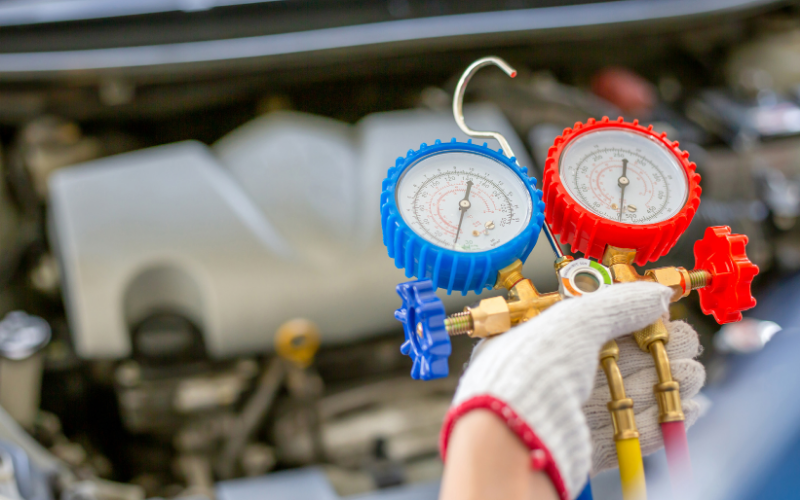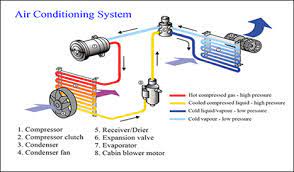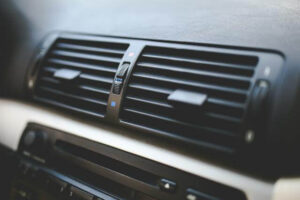CAR AIR CONDITIONING SERVICES
BEST VALUE REGAS AC SERVICE – $165!
Did you know Coastwide is the Number 1 buyer of air conditioning gas on the Gold Coast? We do more car air conditioner re-gassing and repairs than anyone else in the area. Our expert technicians are highly regarded and will make sure your car’s air conditioning is blowing cool, clean air.
And because we buy our gas in such large bulk quantities, we get a great price which we pass on to our customers and that makes us one of the cheapest in car air conditioning re-gas on the Gold Coast at only $165.

Our Service INCLUDES
We provide a wide range of mechanical services both at our workshop and through our mobile mechanic service.
Car Air Conditioning Repairs
Car Air Conditioning Installation
Car Air Conditioning Regas
Car Air Conditioning Servicing
Climate Control
Expert Leak Detection
Electrical Issues
Air Conditioning Diagnosis
Book A Service or Get In Touch
Use the form here or the contact info below to get in touch with our team with your enquiry or booking request.
07 5527 8698
0430 460 267
coastwiderwc@gmail.com
4/8 Reichert Dr, Molendinar
FAQs
How do I know if my car needs re-gassing?
If your car air conditioning isn’t blowing cold air or isn’t cool enough, it signals a problem with the system that needs checking. Figuring out if re-gassing is necessary involves a diagnostic process to identify the issue, and it may or may not be related to the gas. The air conditioning system is quite intricate, with various components like the compressor, condenser, evaporator, and refrigerant. So, while re-gassing is a possibility, it’s not the only thing to consider. To get a clear picture, it’s best to have a professional assess your system and determine the appropriate steps for fixing it.
What else could be wrong if it doesn’t need re-gassing?
If your car air conditioning isn’t cooling properly, several mechanical and electrical components could potentially be causing the issue. It’s not just about the refrigerant levels; there are many elements like hoses, seals, and valves that may develop leaks, affecting the overall efficiency of the system. So, before jumping into a re-gassing procedure, it’s important to have the entire car air conditioning system thoroughly checked.
This proactive approach makes sure that any underlying problems, beyond just a gas issue, are identified and addressed appropriately. By examining all the components, from the compressor to the condenser and everything in between, a professional can pinpoint the specific cause of the malfunction and recommend the most suitable solution to get your car air conditioning back to optimal performance. Remember, a comprehensive check can save you time and money in the long run by addressing the root cause of the problem rather than just treating the symptoms with a re-gas.
Can my car just need a re-gas?
Absolutely, your car air conditioning system might simply need a re-gas. Over time, the refrigerant in the system can degrade, losing its efficiency in cooling. This can result in substandard cooling performance. In such cases, a straightforward solution is to service the system and replenish it with new gas. This process helps restore the cooling efficiency of the car air conditioning system, making sure it operates optimally. If your car isn’t providing the cool air it once did, a re-gas could be the remedy to get your air conditioning back to its refreshing best.
Can I fit air conditioning to my car if it doesn’t have factory air con?
Yes, it is possible to fit air conditioning to your car even if it didn’t come with factory air conditioning. There are different designs available, including a setup similar to factory-installed air conditioning or an under-dash unit. However, it’s important to note that this process can be quite expensive. The cost involves not only the air conditioning unit itself but also the labor and components required for installation.
While it can improve the comfort of your car, it’s important to consider the financial investment and weigh it against the benefits, especially if the car is not originally equipped with air conditioning. Consulting with a professional mechanic can provide insights into the feasibility and cost of retrofitting air conditioning to your car.
How do you test for leaks in an air conditioning system?
When testing for leaks in a car air conditioning system, various methods are employed. The approach chosen depends on factors such as the accessibility to the vehicle’s components and the suspected location of the leak. Here are some common techniques:
Visual Inspection:
Mechanic may first conduct a visual inspection to identify any obvious signs of leaks in the car air conditioning system. This includes looking for refrigerant residue or oil around components.
Nitrogen Pressurisation:
Nitrogen is used to pressurise the car air conditioning system. Once pressurised, technicians can spray a leak detection solution on the components. If there’s a leak, the solution will reveal its location through bubbling or foaming.
Ultraviolet Dye:
An ultraviolet dye can be injected into the car air conditioning system. This dye is invisible under regular light but fluoresces under ultraviolet light. Using a UV light, technicians can easily spot and trace the source of any leaks, making this method effective in pinpointing even small leaks.
The choice of method depends on the specific circumstances of the vehicle and the suspected location of the leak in the car air conditioning system. Each technique has its advantages, and technicians will select the most appropriate one based on the situation. Conducting a thorough leak test is important to identify and address any issues within the car air conditioning system, assuring its proper function and preventing the loss of refrigerant.
How car air conditioning works?
Absorbing Heat: Your car’s air conditioning system starts by taking in the hot air from inside your car.
Compressor’s Job: The compressor, like the system’s engine, squeezes and pressurises a special gas (refrigerant), turning it into a high-energy, hot gas.
Releasing Heat Outside: This hot gas is sent to the condenser at the front of your car, where it releases heat to the outside environment and transforms into a high-pressure liquid.
Cooling Down: The liquid then moves to the expansion valve, where it rapidly expands, becoming a low-pressure, cold mixture.
Inside Cooling: This cold mixture enters the evaporator inside your car. As the air inside your car passes over it, the mixture absorbs the heat, making the air cooler.
Air Blower: A fan blows this now cool air back into your car, making the inside comfortable.
Repeating the Cycle: The low-pressure, low-temperature mixture returns to the compressor to start the process again, assuring a continuous cycle of cooling.
In short, your car air conditioning system takes in hot air, transforms it into cold air, and circulates it inside your car to keep things cool and comfortable.

Is car air conditioning service necessary?
Yes, car air conditioning service is necessary. It keeps your air conditioning system working well, making sure it cools your car effectively. Regular service helps prevent issues, like reduced cooling or unpleasant odours, and extends the lifespan of the system. It’s like giving your car a checkup to keep everything running well.
Speaking of regular check-ups, maintaining components like air filters is major. Your car’s air filter is like its lungs, helping it breathe clean air. We suggest replacing it every 15,000 – 30,000 km, or every 12 months, whichever comes first to keep your engine running great. This aligns with the idea of regular car air conditioning service – both are important to maintain peak performance and deliver a comfortable driving experience. So, just as you wouldn’t ignore your car’s air filter, it’s equally important not to overlook the health of your air conditioning system through regular servicing.
Can car air conditioning make you sick?
Using car air conditioning generally doesn’t make you sick. However, if it’s not well-maintained, it might circulate dust or mould, which could cause discomfort for some people. Regular cleaning and maintenance help keep the air healthy.

